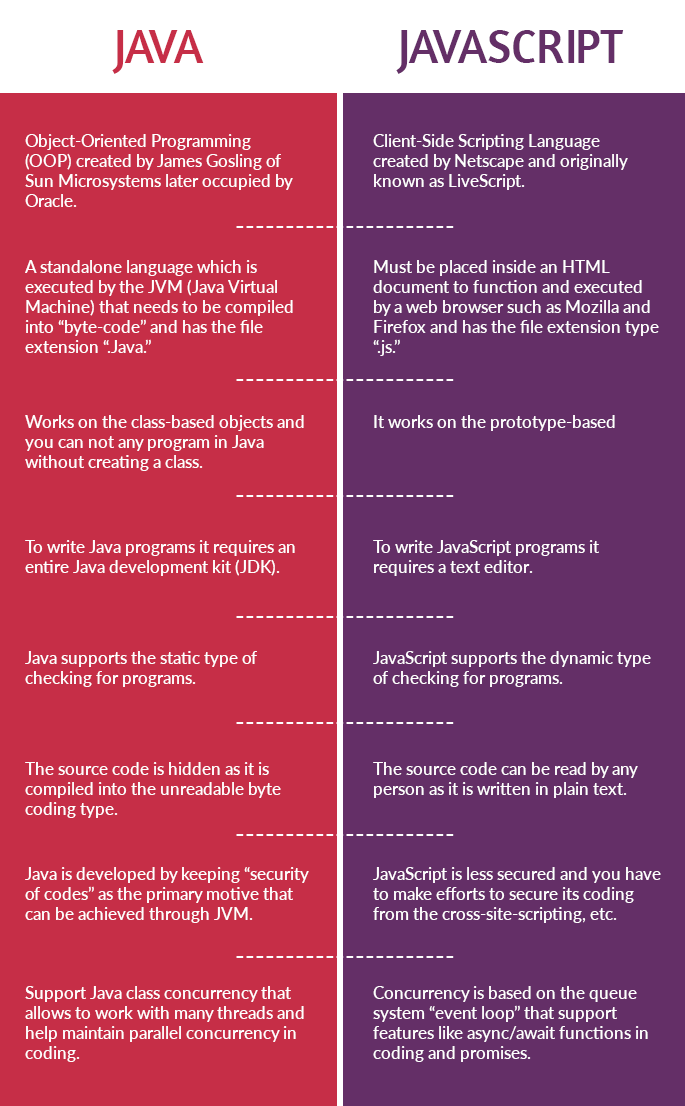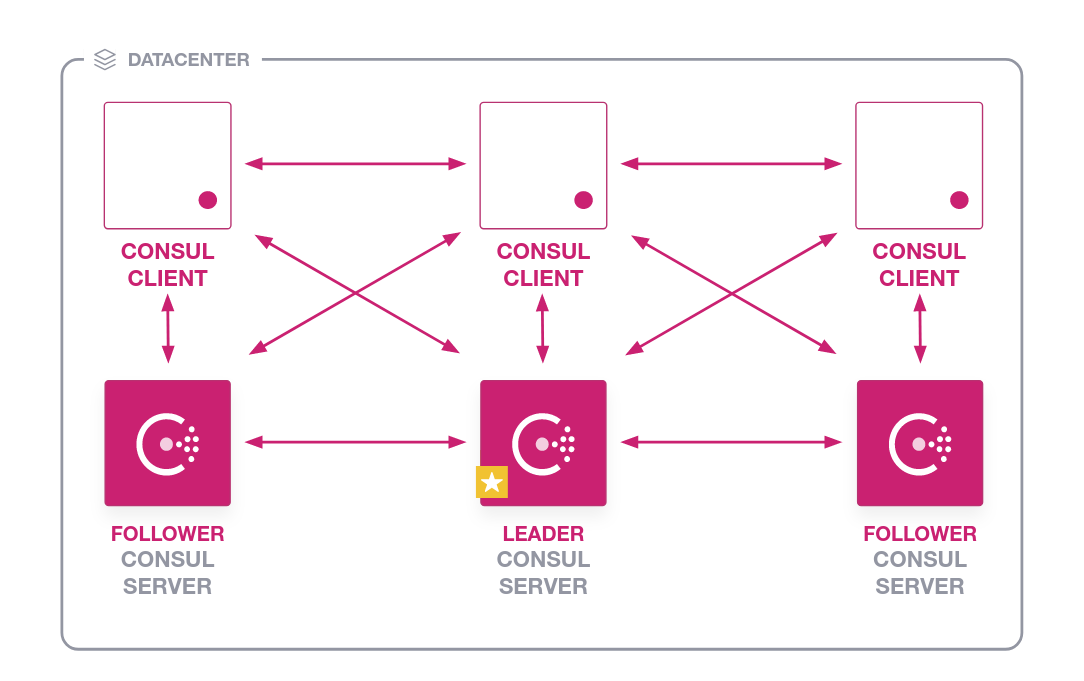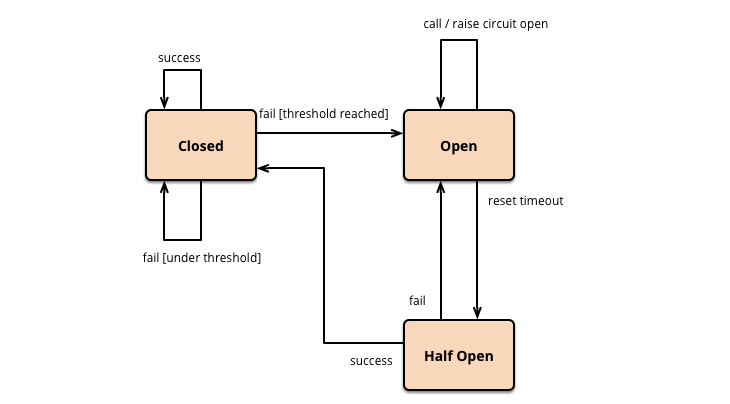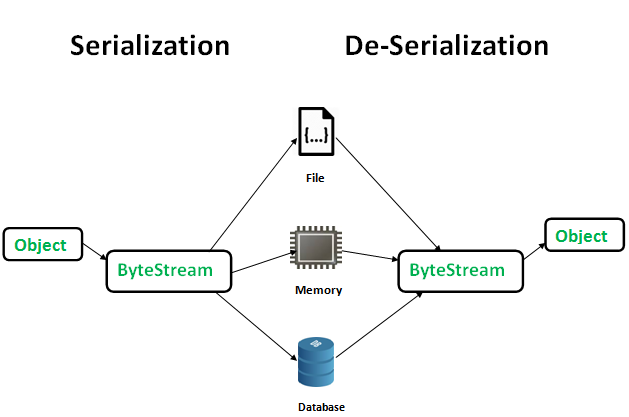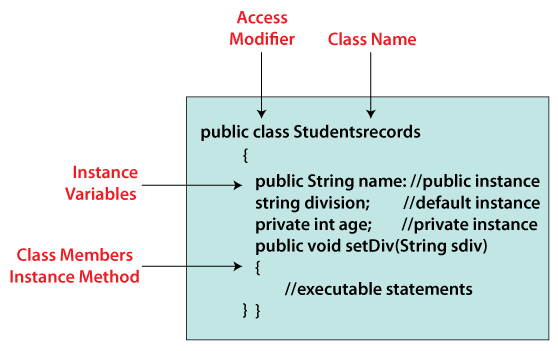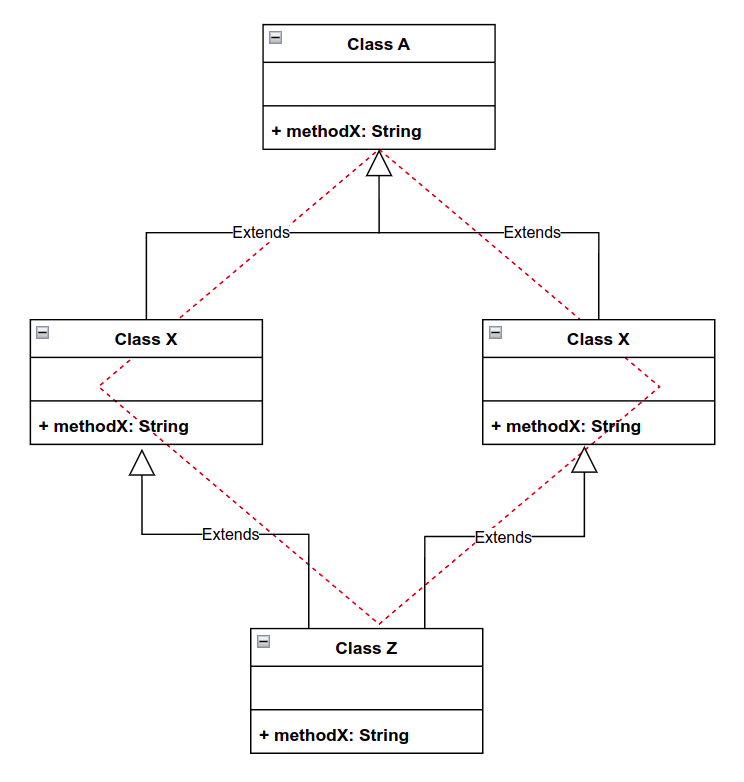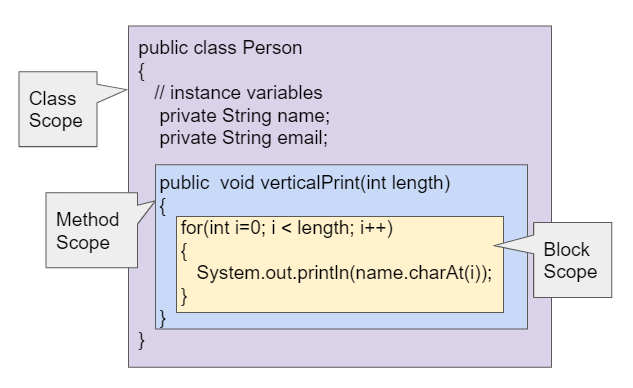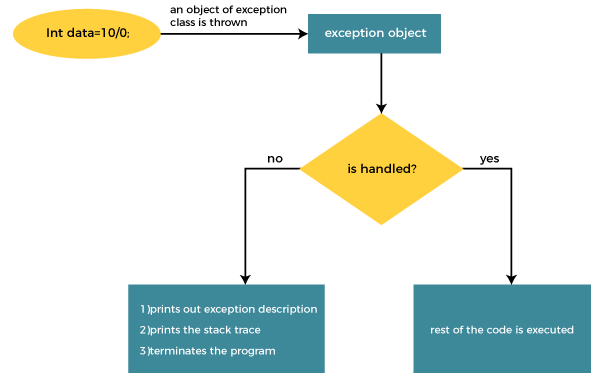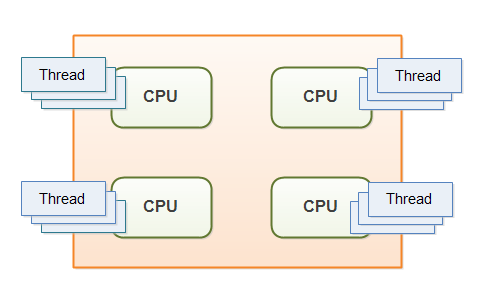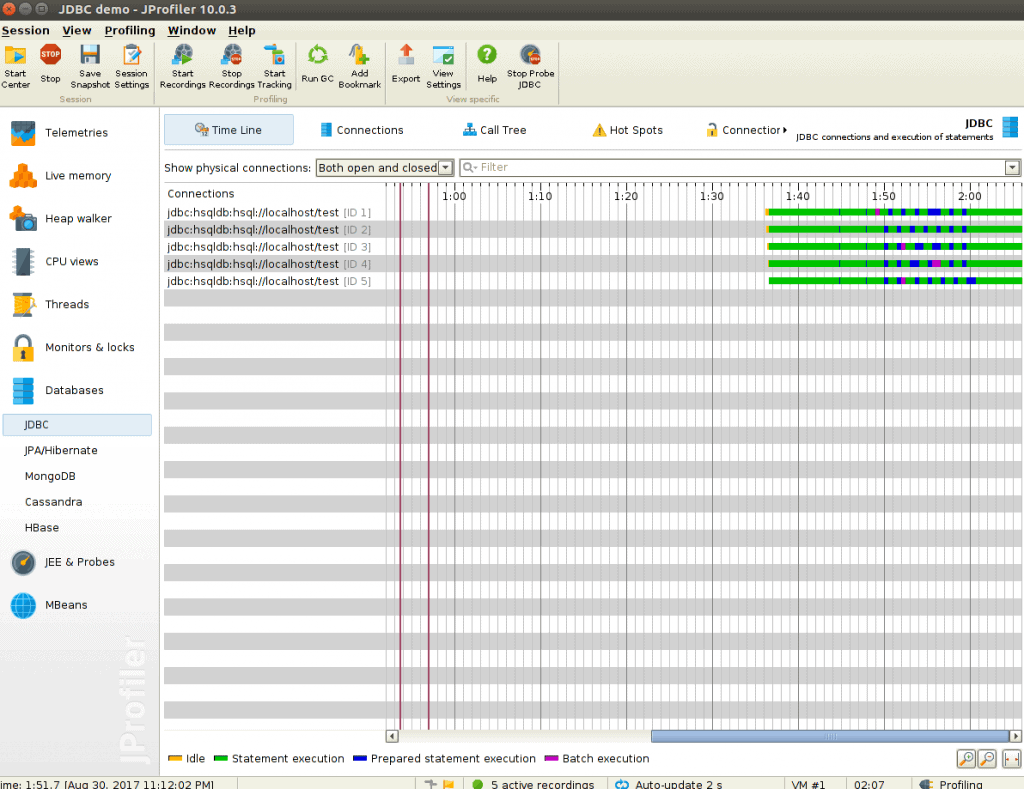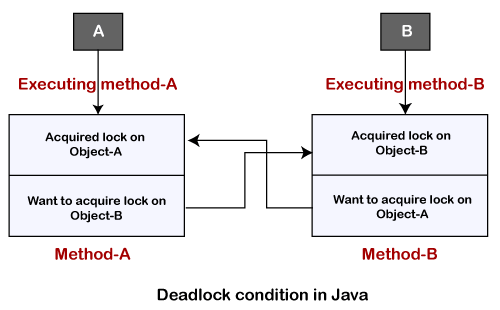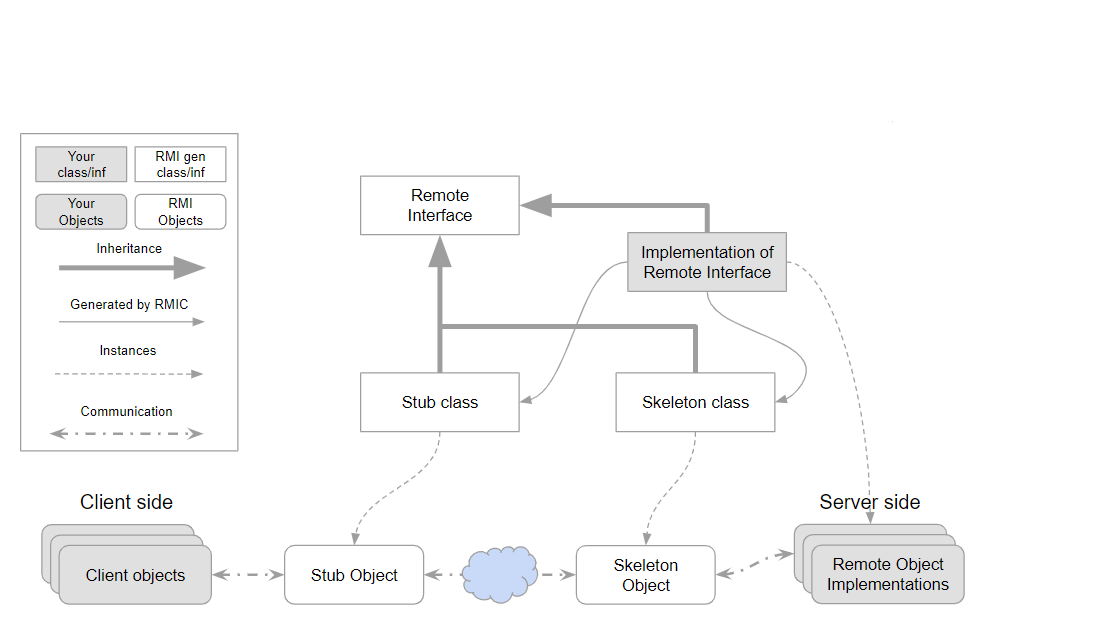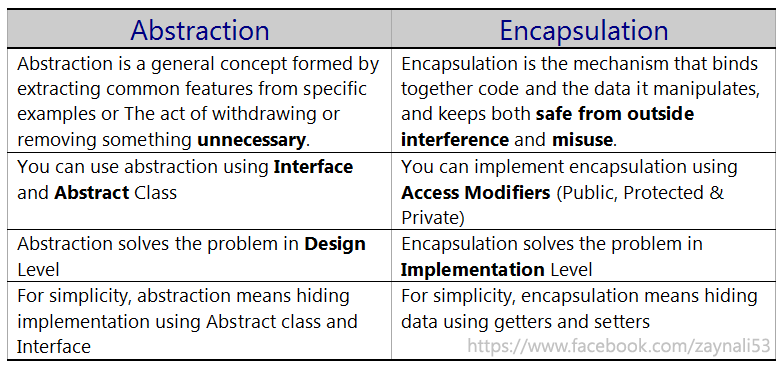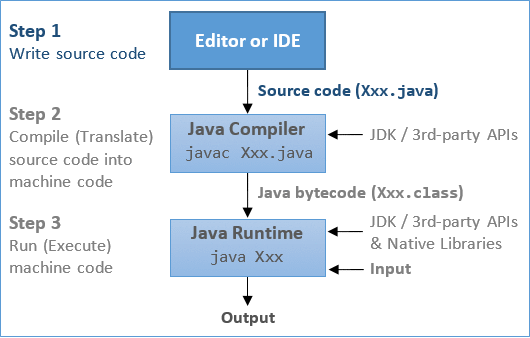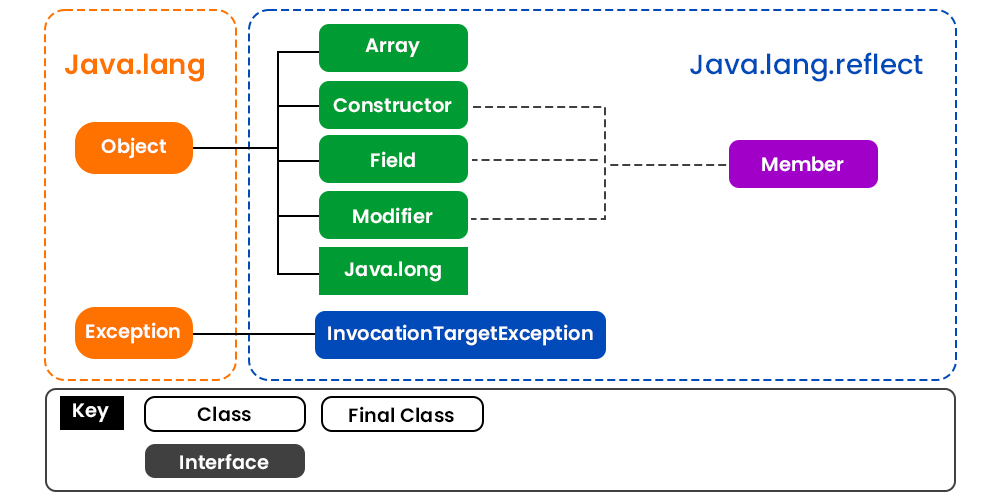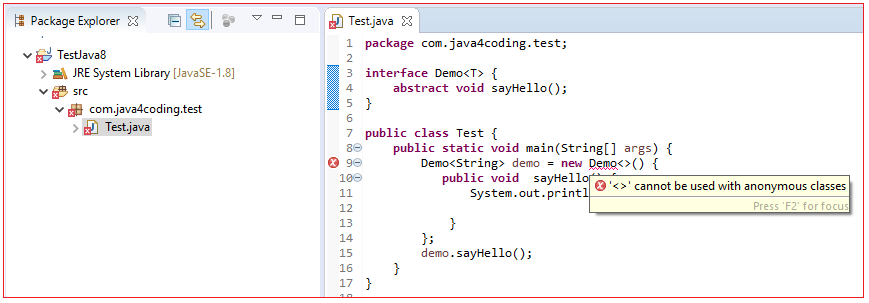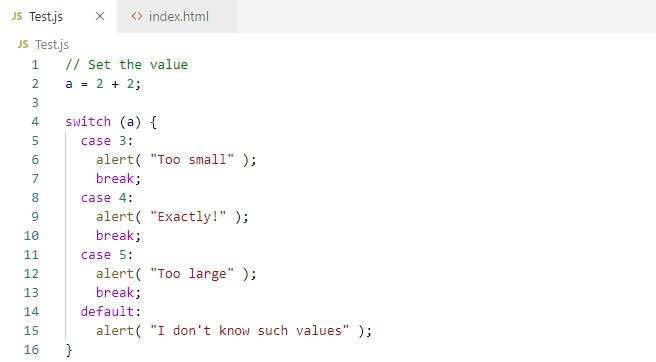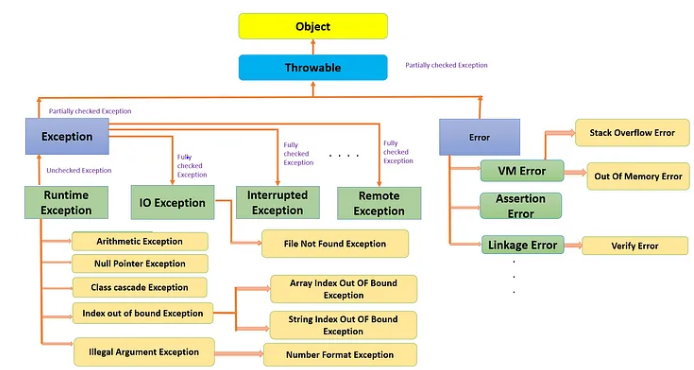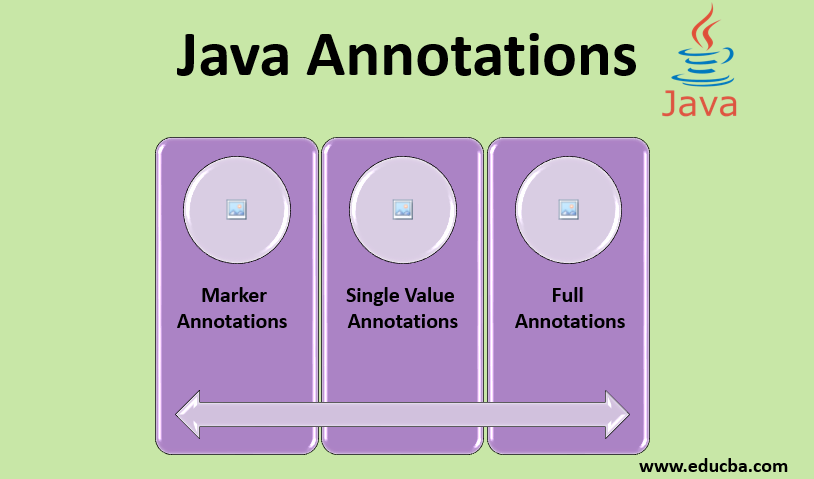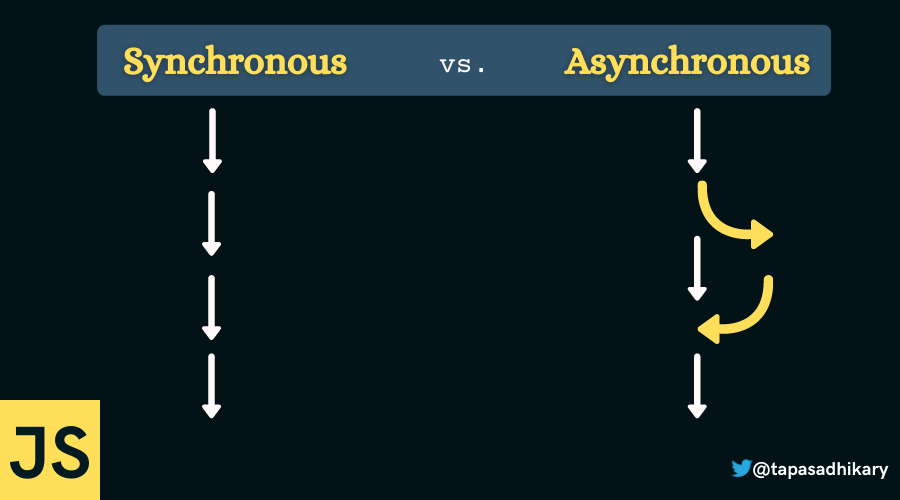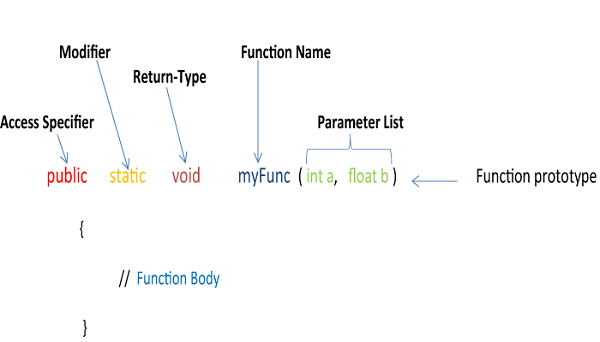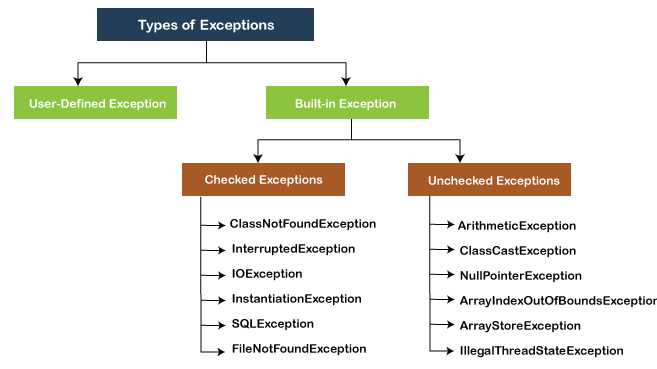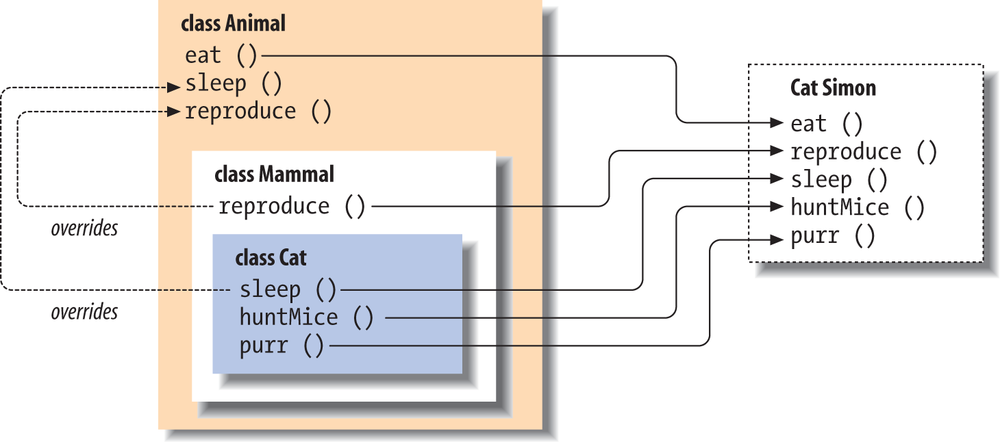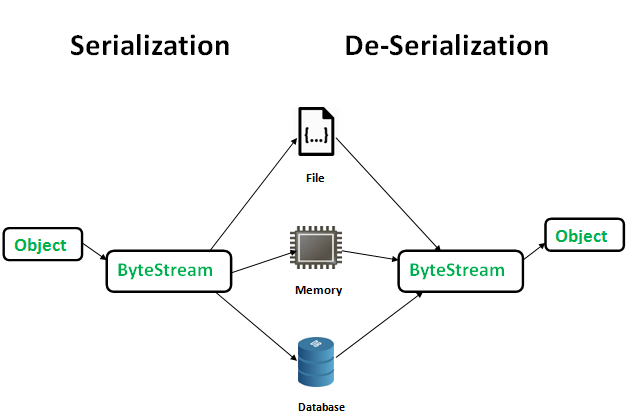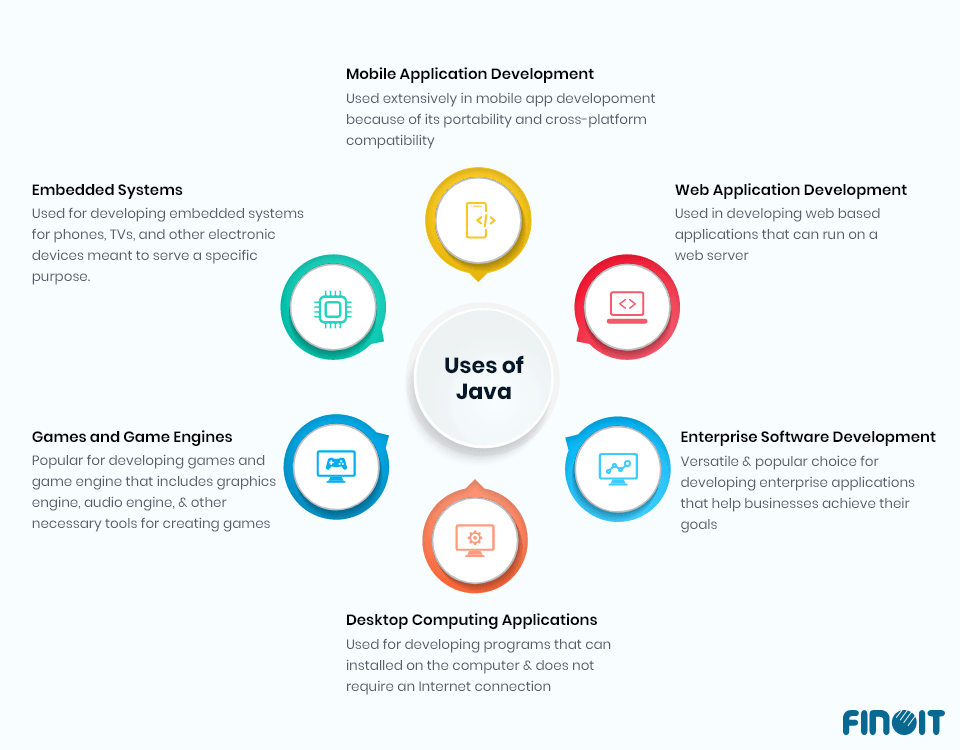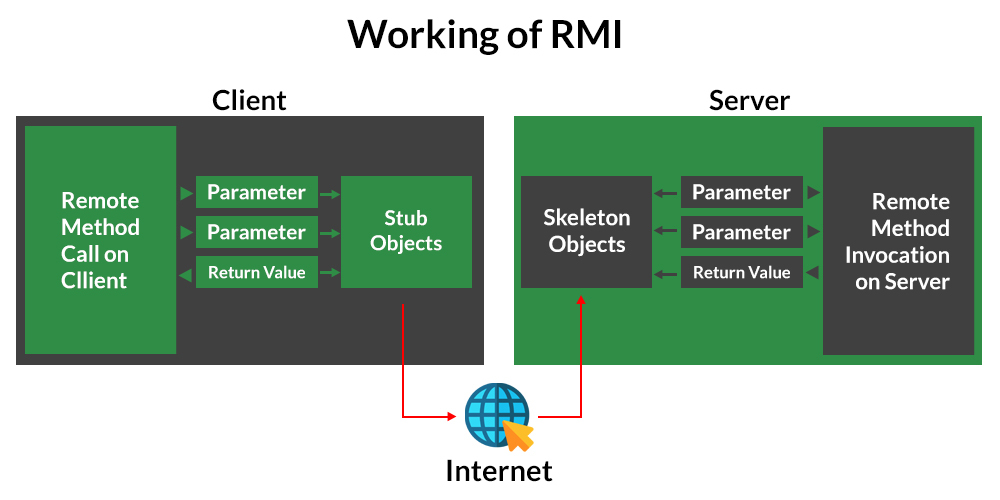How to get a field from an object in Java?
How to get a field from an object in Java?
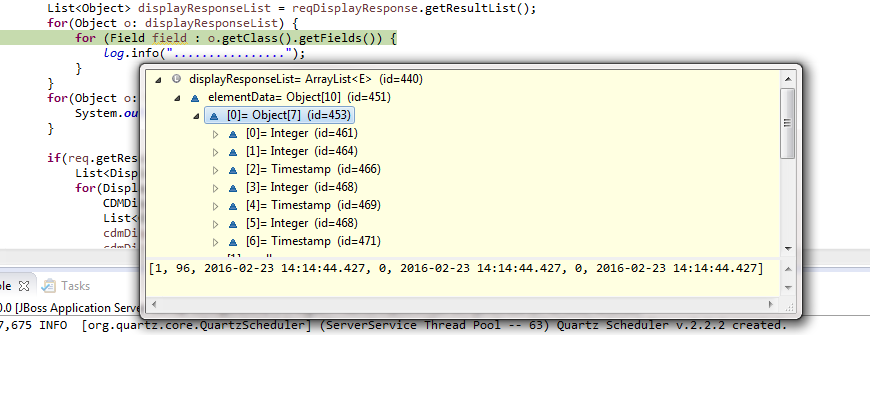
I'll be happy to help you with that!
In Java, objects are instances of classes, and fields (also known as attributes or variables) are the data members of these classes. To get a field from an object, you can use various methods, which we will explore in this answer.
Method 1: Using Dot Notation
The simplest way to access a field is by using dot notation. You start with the name of the object, followed by the dot (.), and then the name of the field. For example:
class Person {
private String name;
public Person(String name) { this.name = name; }
}
public class Main {
public static void main(String[] args) {
Person person = new Person("John");
System.out.println(person.name); // prints "John"
}
}
In the above example, person is an object of type Person, and we are accessing its name field using dot notation.
Method 2: Using getter Methods
Many classes use setter and getter methods to encapsulate their fields. Getter methods are used to retrieve the value of a field. For example:
class Person {
private String name;
public String getName() { return name; }
}
public class Main {
public static void main(String[] args) {
Person person = new Person("John");
System.out.println(person.getName()); // prints "John"
}
}
In this case, we are using the getName() getter method to retrieve the value of the name field.
Method 3: Using Reflection
Java provides a powerful feature called reflection, which allows you to programmatically access and manipulate the fields of an object. You can use the getDeclaredField() method from the java.lang.reflect package:
import java.lang.reflect.Field;
class Person {
private String name;
}
public class Main {
public static void main(String[] args) {
Person person = new Person();
Field field = person.getClass().getDeclaredField("name");
System.out.println(field.get(person)); // prints null, since the object is not initialized
}
}
In this example, we are using reflection to get the name field from an instance of the Person class.
Best Practice
When accessing a field from an object, it's generally good practice to use getter methods or dot notation. This approach provides a layer of abstraction between the caller and the underlying fields, which helps maintain encapsulation and improves code readability.
In conclusion, there are three ways to get a field from an object in Java: using dot notation, getter methods, or reflection. Each method has its own advantages and disadvantages, and the best approach depends on the specific requirements of your application.
Object value in Java
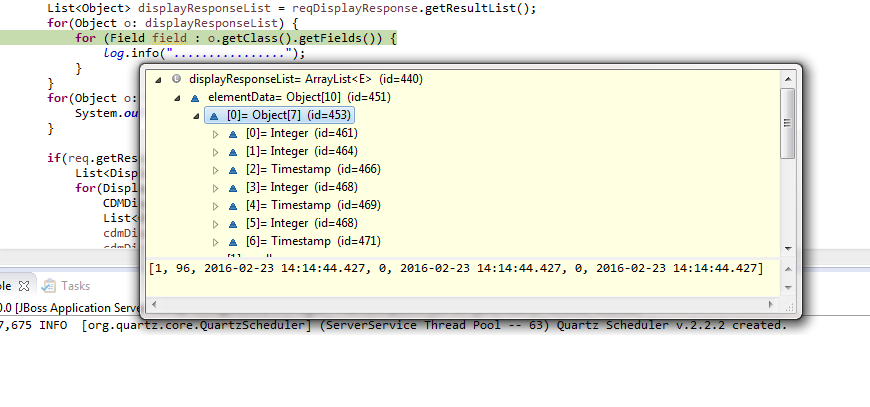
I'll respond in English and provide information about object values in Java.
In Java, an object is a self-contained entity that has its own set of attributes (data) and methods (functions). An object's value refers to the specific instance or occurrence of that object. In other words, an object's value is its unique identifier, which distinguishes it from all other objects of the same type.
In Java, object values can be represented in various ways:
Integer Values: When an object represents a simple integer value, such as a count or a score, you can use Java's built-in types likeint, long, or BigInteger. String Values: For objects that represent text data, like names, emails, or messages, you can use the String class. Boolean Values: When an object has a boolean value (true or false), you can use Java's built-in boolean type. Complex Values: For more complex data structures, such as arrays, collections, or custom classes, you can create objects that encapsulate these values.
Object values in Java can also be classified based on their persistence and lifetime:
Transient Values: These are temporary values that are not stored persistently and are lost when the object is garbage collected. Persistent Values: These are values that are stored persistently, such as in a database or file, and remain valid even after the object is garbage collected.Java provides various mechanisms for working with object values:
Getters and Setters: You can use getter and setter methods to access and modify an object's values. Constructors: When creating objects, constructors allow you to initialize their values. Equals and HashCode Methods: These methods help compare and hash objects based on their values.Object values are crucial in Java programming as they enable developers to create reusable, maintainable, and efficient code. By understanding how to work with object values in Java, you can build robust, scalable applications that effectively utilize the language's features.
This is just a brief overview of object values in Java. If you have any specific questions or would like me to elaborate on certain topics, feel free to ask!
